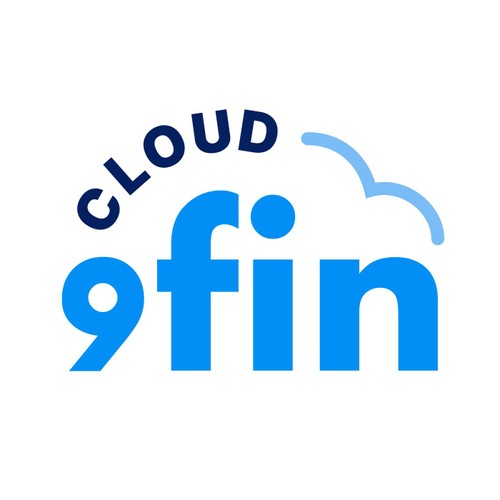
 Cloud 9fin
Cloud 9fin Co-op agreements through the eye of American Needle
Sep 25, 2024
Jane Komsky, a distressed legal analyst, discusses the rising trend of cooperation agreements among creditors with Max Frumes, head of distressed and restructuring. They tackle the fine line between collaboration and anti-competition. The duo draws parallels to the American Needle case against the NFL, questioning if these agreements violate the Sherman Act. Their conversation dives deep into the power dynamics, legal challenges, and implications for distressed companies in the face of these evolving strategies.
Chapters
Transcript
Episode notes
